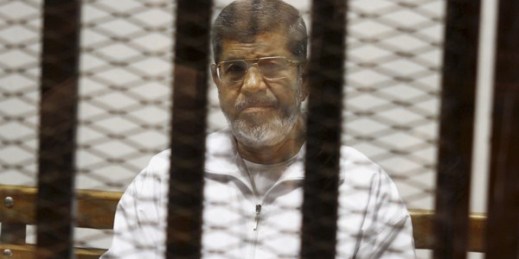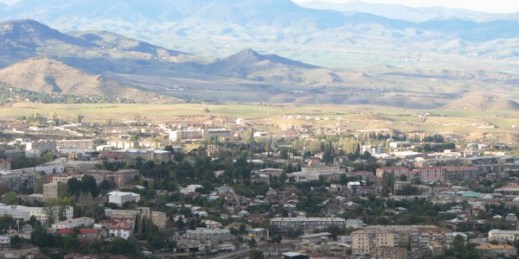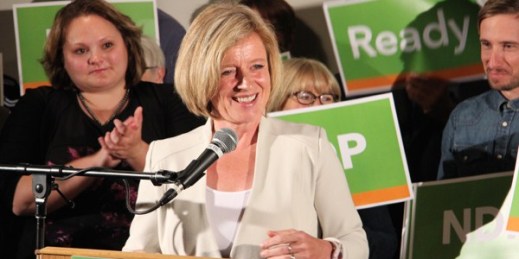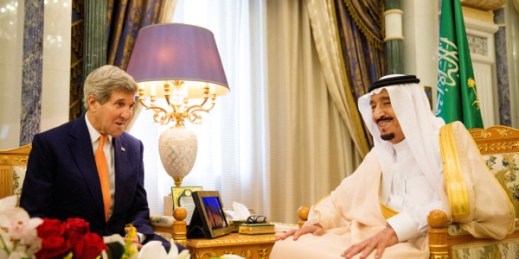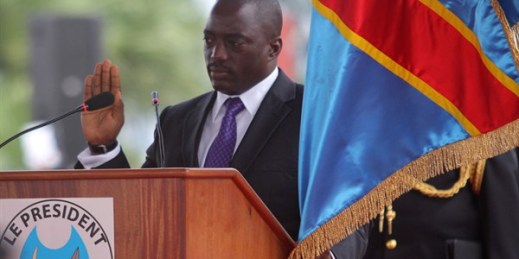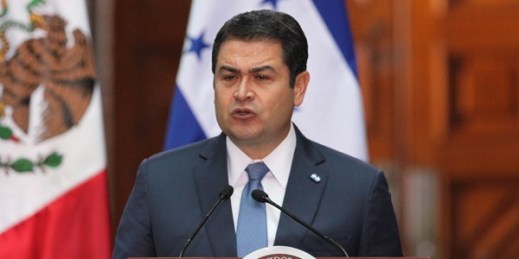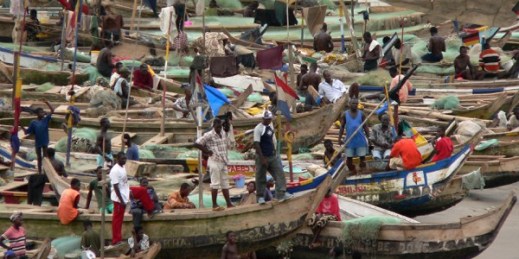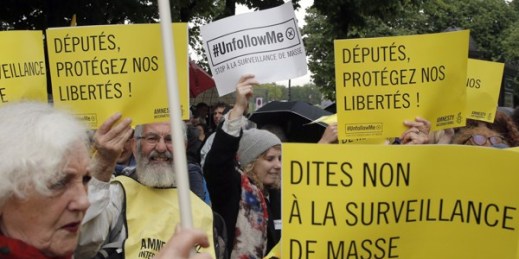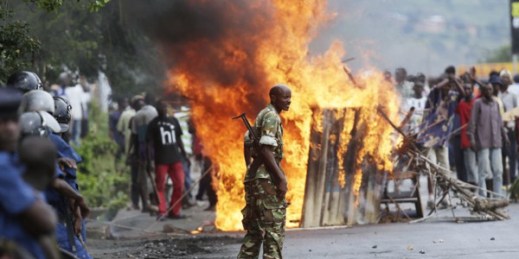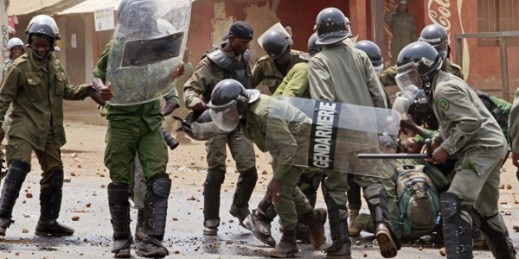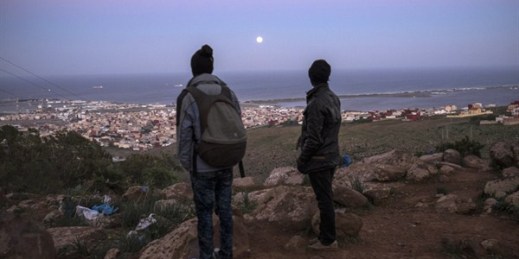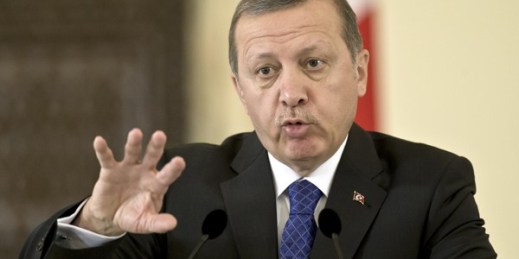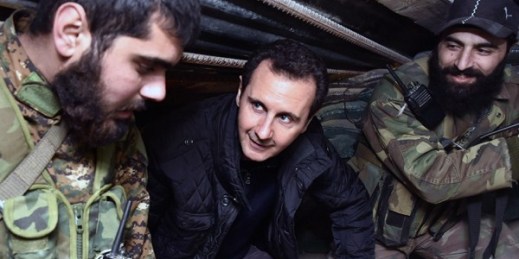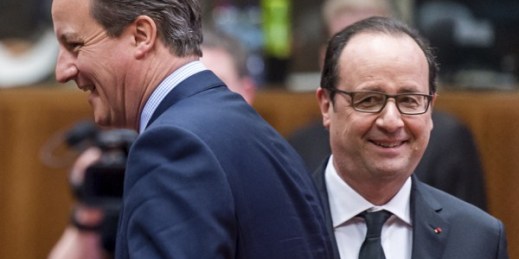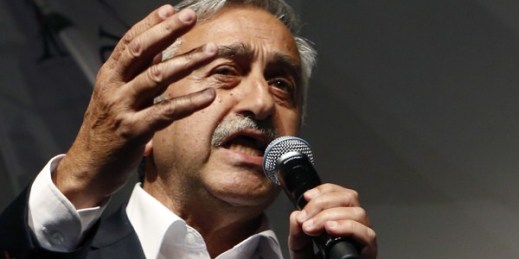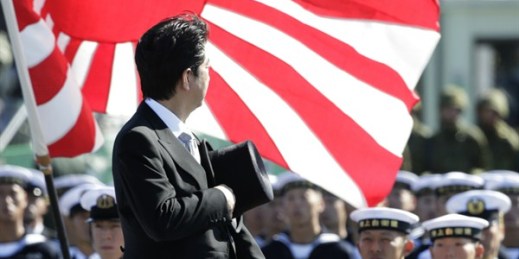
Japan’s postwar constitution, promulgated in 1947 under U.S. occupation, has shaped the country’s international role ever since. But now that may be changing. Since assuming office for the second time in December 2012, Japanese Prime Minister Shinzo Abe has implemented a rapid succession of security policy reforms. Abe’s efforts to refocus Japan’s attention on its defense needs and adopt policies that have long been seen as taboo have drawn global attention. Japan’s immediate neighbors have decried these reforms, citing their still sensitive World War II-era memories of a very different Japanese military. South Korea has been especially critical of Abe’s […]

